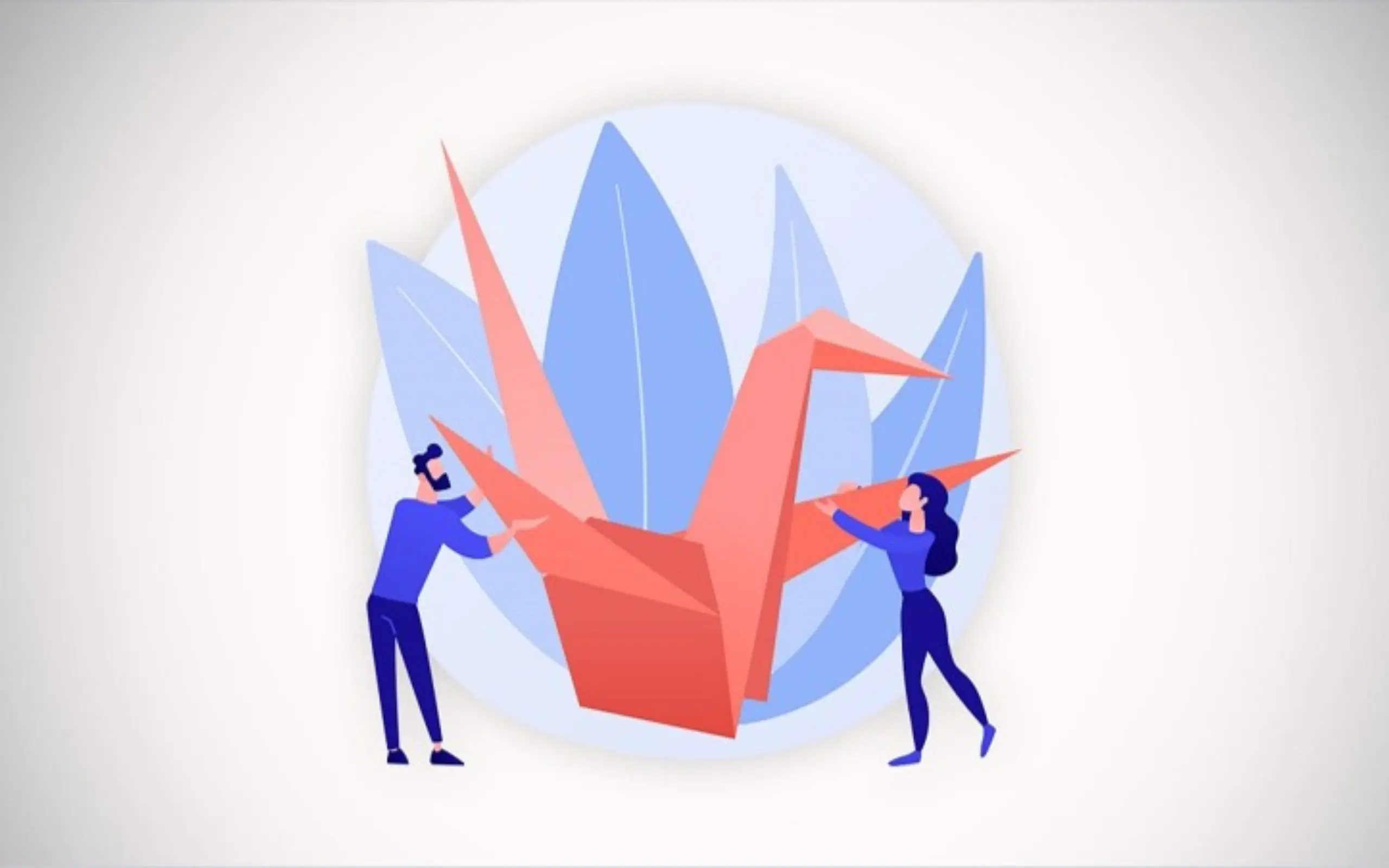By Tariq Chauhan, Group CEO of EFS Facilities Services Group.
From the various lessons that I have learned on people management, I have come to believe forgiveness is a significant value that all leaders must work on.
The conscious, deliberate decision to avoid demonstrating feelings of resentment towards anyone is indeed necessary in managing people, especially in the modern-day workplace.
The ability to forgive people and not to hold on to grudges is not a moral demeanor alone, but an effective human resources tool to build a strong people-centric organization.
I struggle to deal with this issue in my routine engagements with my team. I have always failed to understand why people assume rigid postures and demonize people based on past mistakes.
This is especially a common issue in an organization’s leadership. Instead of being corrected, people – often with big egos – who hold grudges, frequently end up with fortified postures.
I witness this in my daily management engagement chores, particularly when it comes to the way in which leaders engage with their teams on problematic behavior issues. As a leader, handling such issues effectively requires flexibility and insight.
Leaders need to develop an understanding of how and when to respond depending on the situation and should consider how aggravating the problem is. Adopting a corrective approach requires a holistic solution – you can’t just fix a problem by going by the rule book.
I have studied leadership approaches with a keen interest in understanding people’s perspectives, especially the C-suite in their routine engagements, be it with their subordinates or lateral peers.
I realize that these seniors need to shed their egos and rise above their managerial mindsets to become true leaders. Their rigid responses and tough stances shirk a leader’s essential quality: to forgive. The spirit of forgiveness matters.
In doing business and managing people, we encounter individual behaviors that are not necessarily appropriate, yet business continuity demands that issues be dealt with sensitively.
People who make mistakes or demonstrate poor behavior should not continue to be overlooked or penalized in the future. Rather, a softer, more sympathetic approach is required.
Barring critical instances of behavior for which there can be zero tolerance, there are certain acceptance levels for individuals not following the book. Depending on each case’s merits, there should be a holistic engagement aiming at correcting poor behavior for good. These tolerance factors are mostly shaped by the company’s code of conduct and its core values.
However, my contention is with management peers who insist on cementing their views about others or entrenching themselves based on historical instances, without understanding the perspectives of those involved.
Even when colleagues are wrong, we must give them a chance, as people, to change. We need to provide them with the opportunity to develop themselves. Over time, as a part of every professional development and learning curve, there should be an opportunity for professional restitution.
It is not appropriate for people in management positions to hold grudges or jump to conclusions based on select cases of past behavior.
The carrot and stick approach is old and outdated in the world of people management; there are new narratives today.
Based on sustainable values, CEOs and leaders in managerial positions company-wide need to rise above personal biases and learn to build a cohesive organization, with forgiveness at its core.
Source: Forbes Middle East
